On June 6, Russian Prime Minister Mikhail Mishustin announced a plan to invest 2 trillion rubles (approximately $24.58 billion) in the development of the Northern Sea Route (NSR) over 13 years.
Speaking at a strategic meeting on NSR development, Prime Minister Mishustin emphasized the crucial role of this sea route in enhancing transport connectivity for the country's remote territories.
The meeting focused on assessing the progress of the NSR development plan, approved in August 2022, which includes the construction of more than 50 icebreakers and ice-resistant vessels, as well as the establishment of ports, stations, emergency rescue centers, and the deployment of an orbital satellite network to monitor the route's operation.
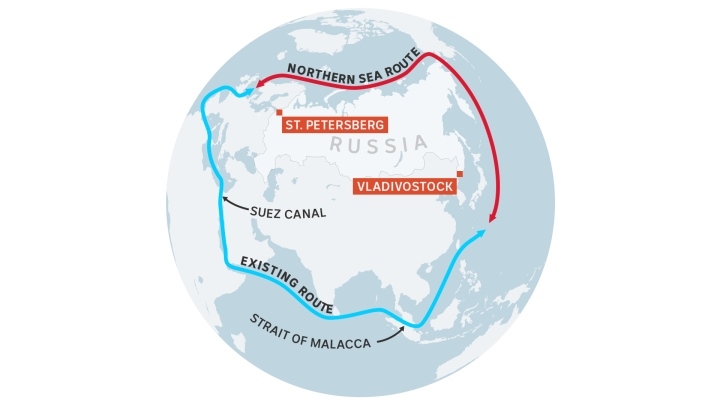 |
| The Northern Sea Route (red) compared to the route through the Suez Canal (blue). Photo: ABC News |
According to Prime Minister Mishustin, implementing this comprehensive plan will require an investment of approximately 2 trillion rubles over the next 13 years. About 30% of this, equivalent to 600 billion rubles (approximately $7.37 billion), will come from the federal budget. He emphasized the importance of creating a comprehensive infrastructure complex, including new ports, technical and emergency stations, weather and ice monitoring systems, and a traffic management system spanning the entire NSR. Prime Minister Mishustin stated that the government will launch five meteorological satellites this year to enhance continuous monitoring and support across all Arctic routes.
According to the Russian news agency Sputnik, the NSR runs along the northern coast of Russia, spanning approximately 5,600 km, connecting European and Far Eastern ports, as well as river mouths in Siberia, to form a unified transport route.
This is the shortest shipping route from Asia to Europe, and also a key economic project for Russia in the Arctic and the Far East. In a decree issued in May 2018, Russian President Vladimir Putin demanded that cargo traffic along the NSR double to 80 million tons per year by 2024.
The construction of the NSR is also seen as one of Russia's key solutions to replace the Suez Canal.
VNA
Source


![[Photo] The captivating scenery of the fragrant maple forest in Quang Tri](/_next/image?url=https%3A%2F%2Fvphoto.vietnam.vn%2Fthumb%2F1200x675%2Fvietnam%2Fresource%2FIMAGE%2F2025%2F12%2F10%2F1765353233198_lan09046-jpg.webp&w=3840&q=75)


![[Photo] Explore the US Navy's USS Robert Smalls warship](/_next/image?url=https%3A%2F%2Fvphoto.vietnam.vn%2Fthumb%2F1200x675%2Fvietnam%2Fresource%2FIMAGE%2F2025%2F12%2F10%2F1765341533272_11212121-8303-jpg.webp&w=3840&q=75)


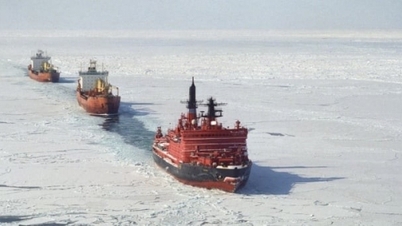

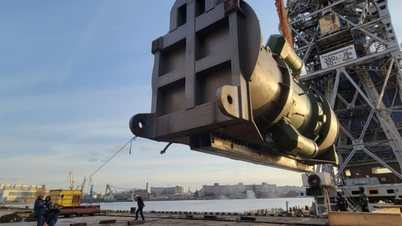





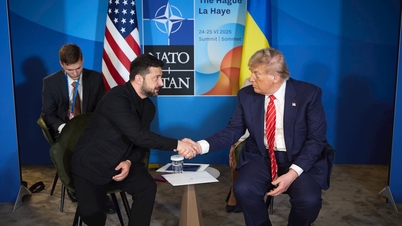
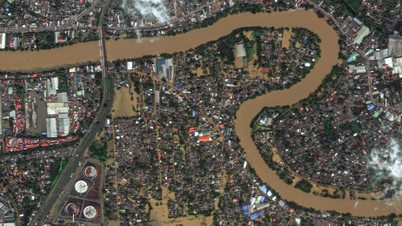


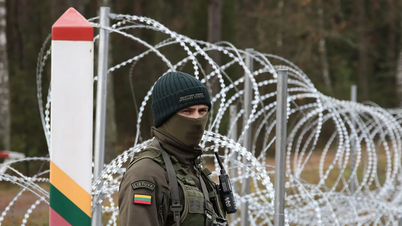






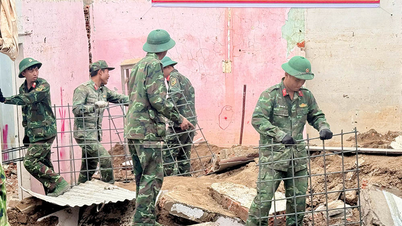
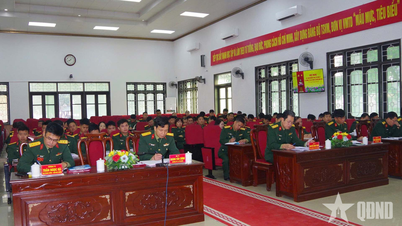





![[Video] The craft of making Dong Ho folk paintings has been inscribed by UNESCO on the List of Crafts in Need of Urgent Safeguarding.](https://vphoto.vietnam.vn/thumb/402x226/vietnam/resource/IMAGE/2025/12/10/1765350246533_tranh-dong-ho-734-jpg.webp)



































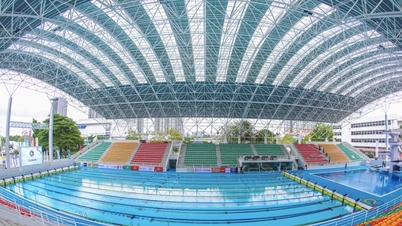



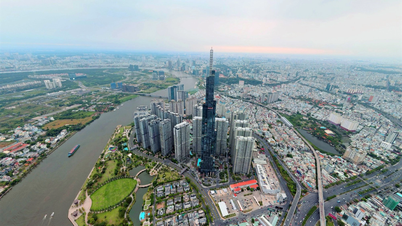
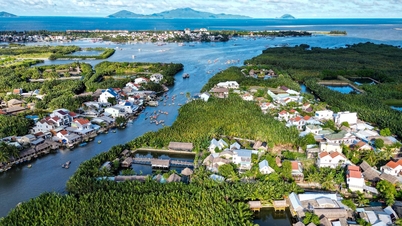






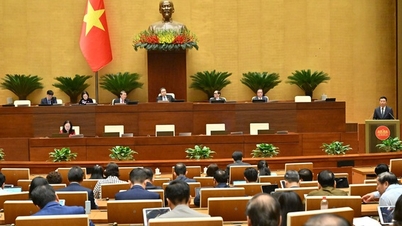







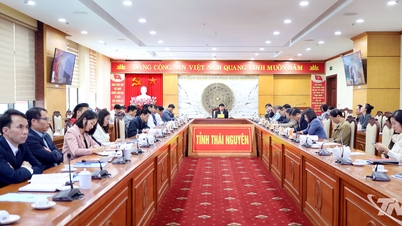





















Comment (0)